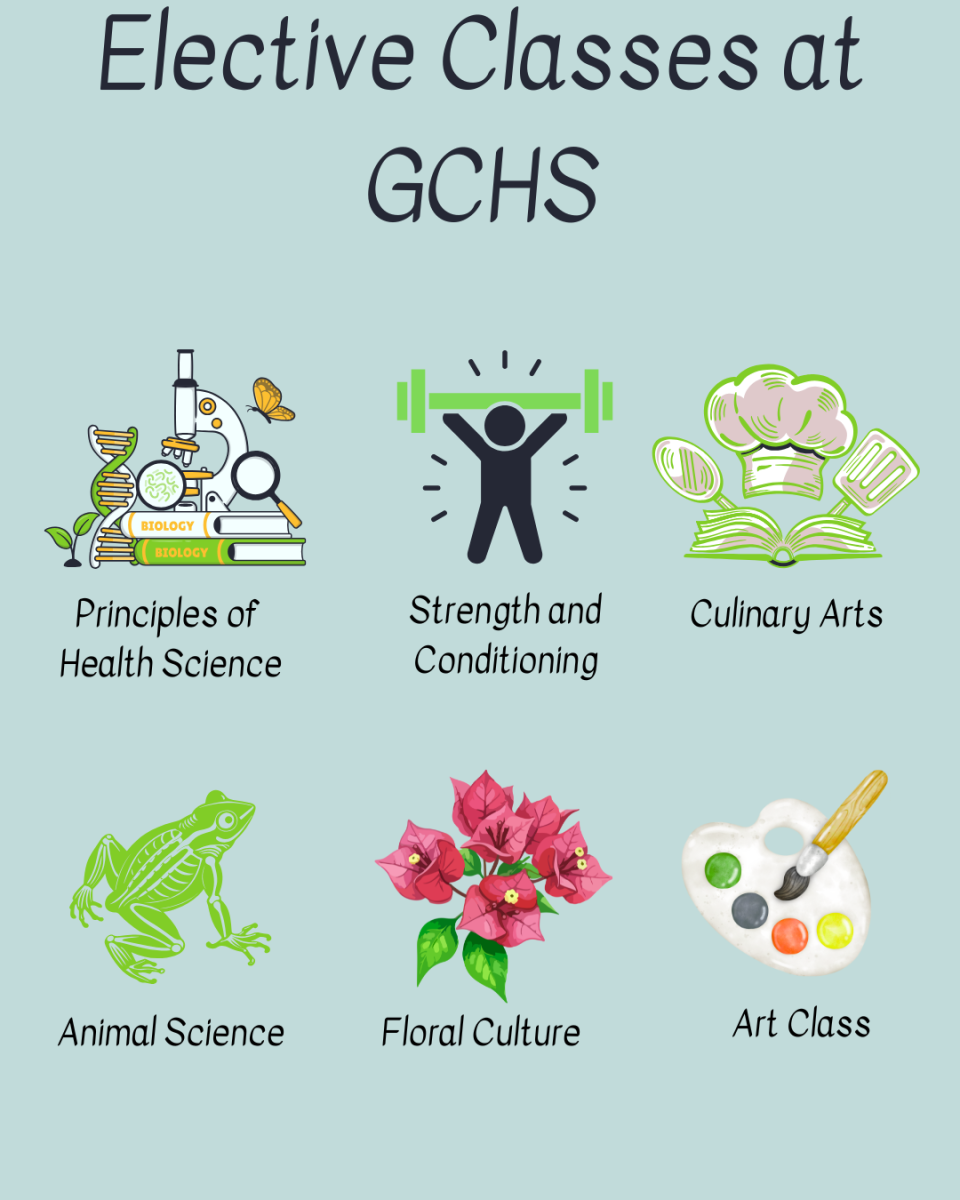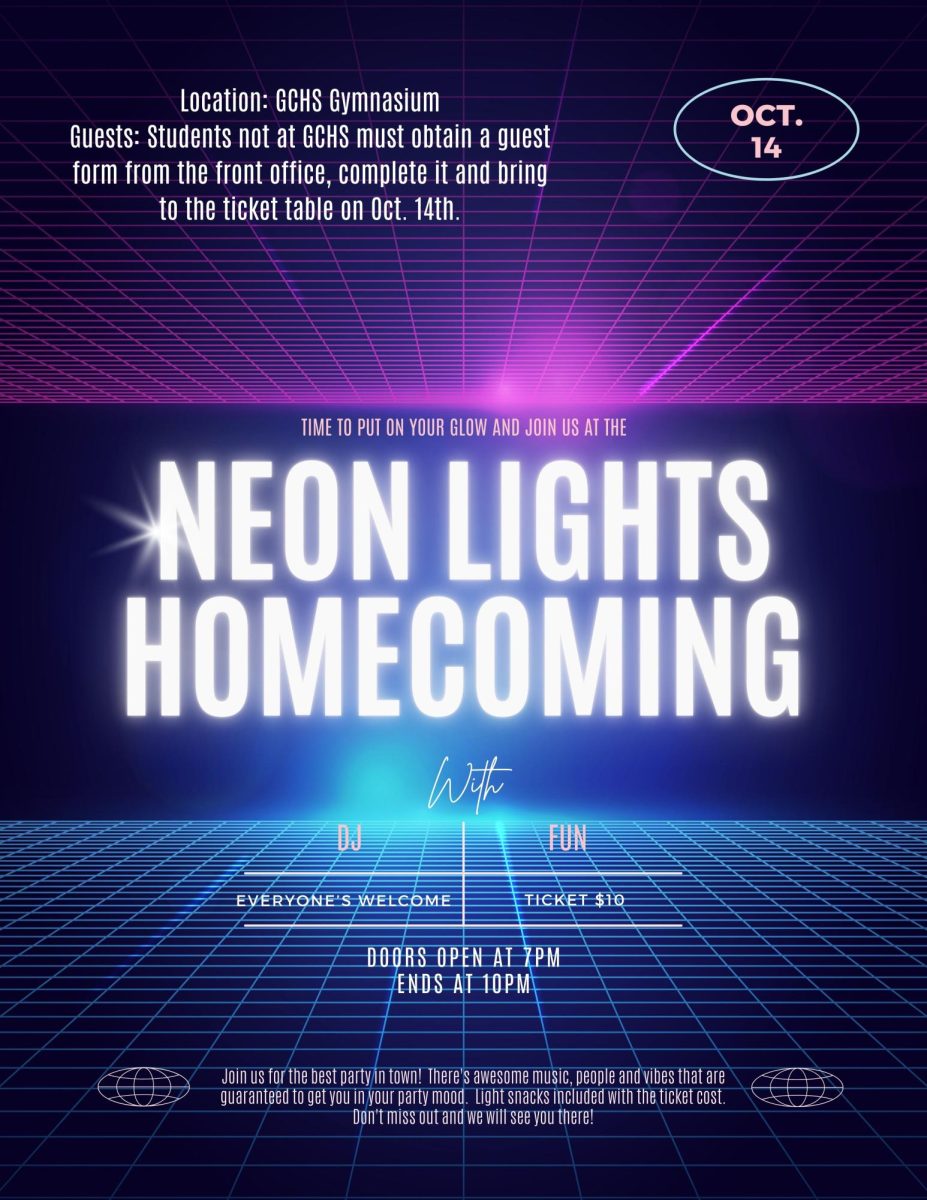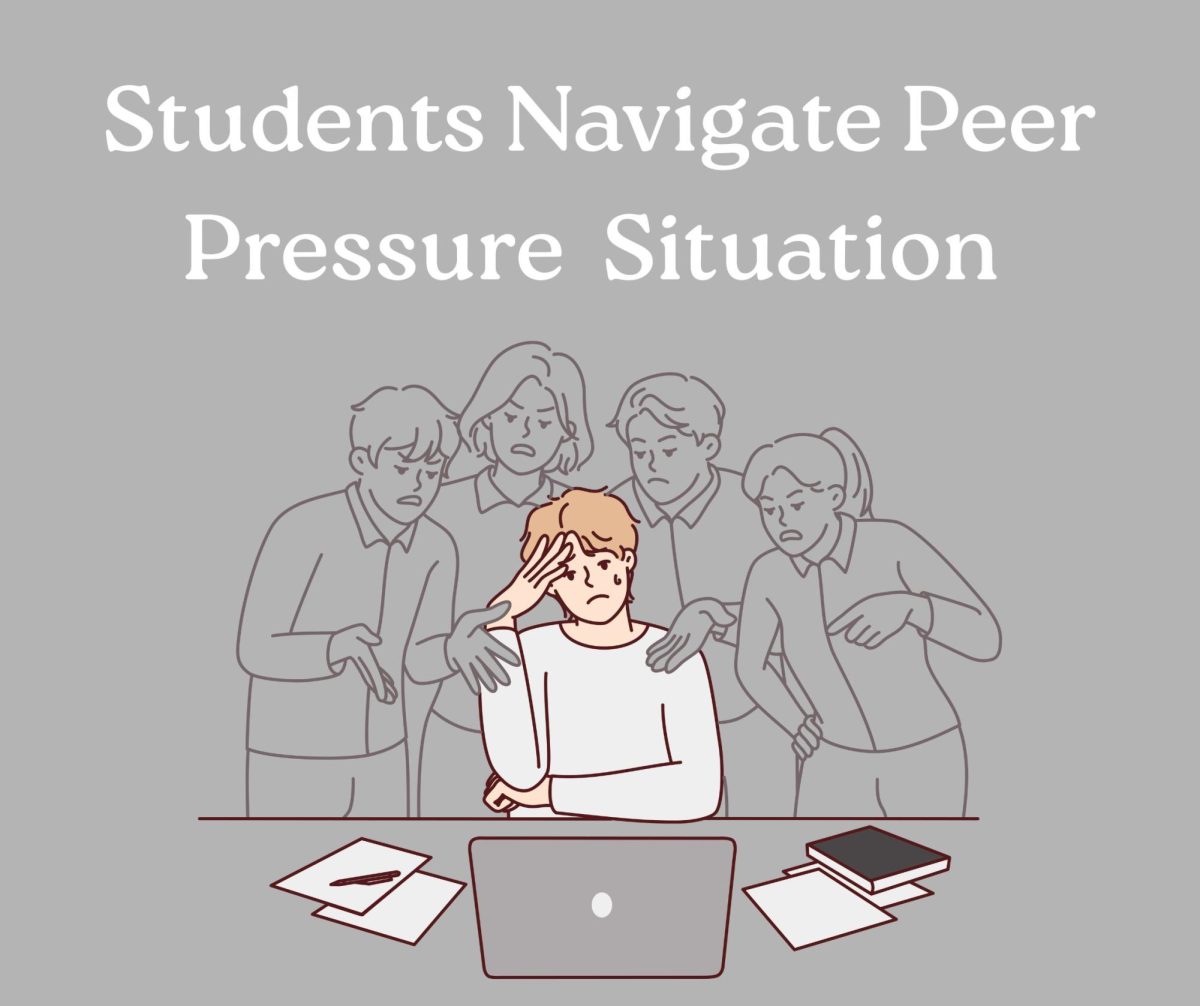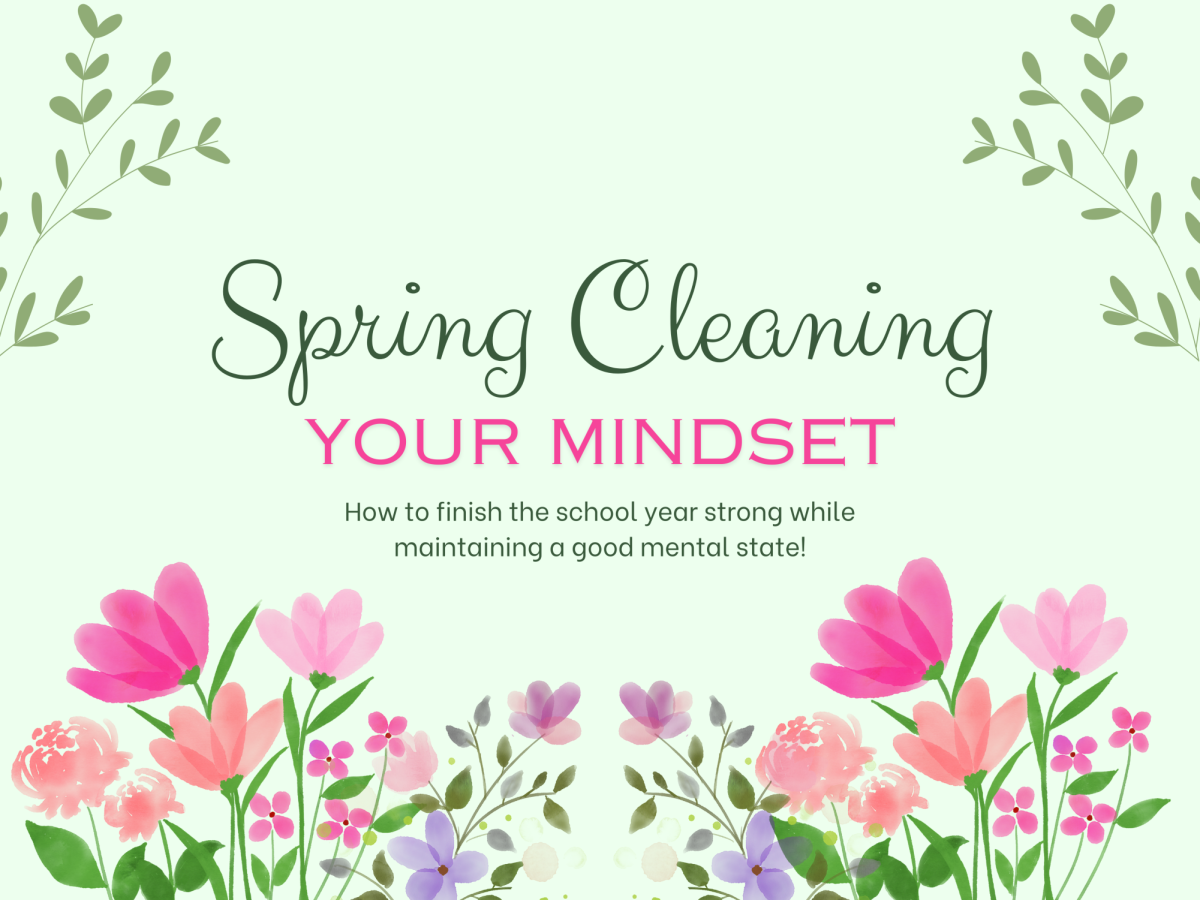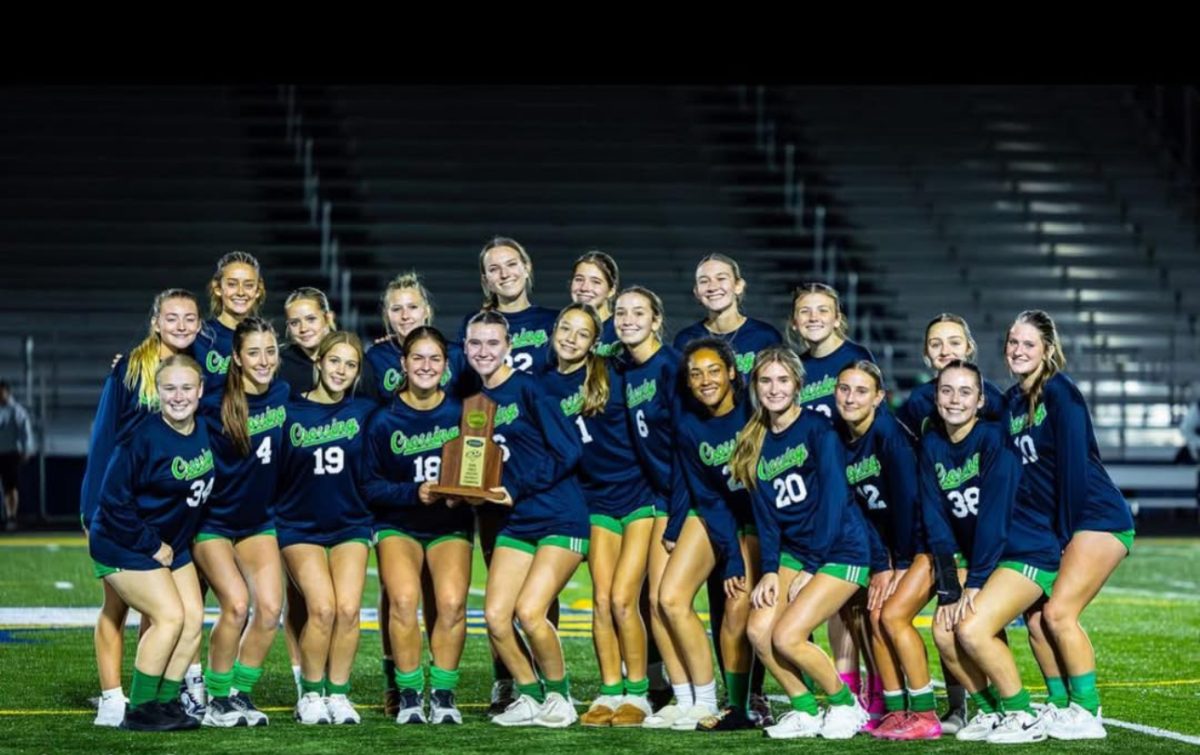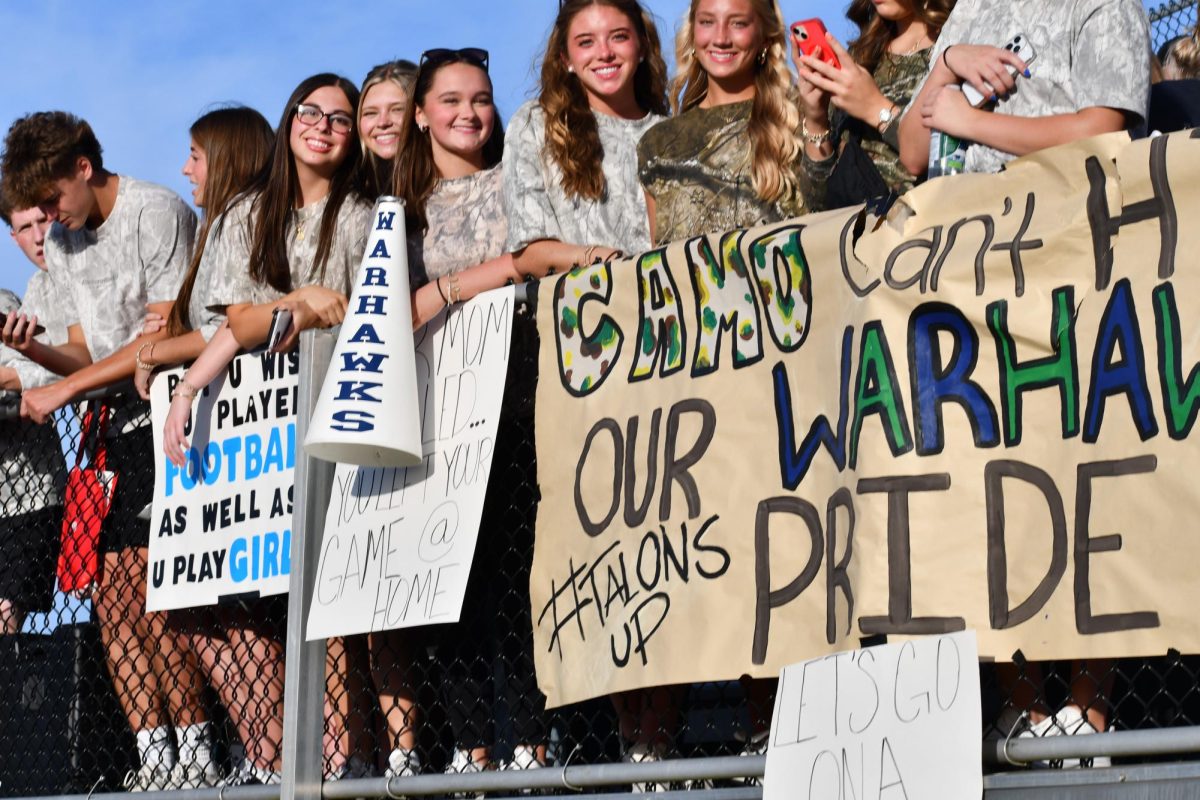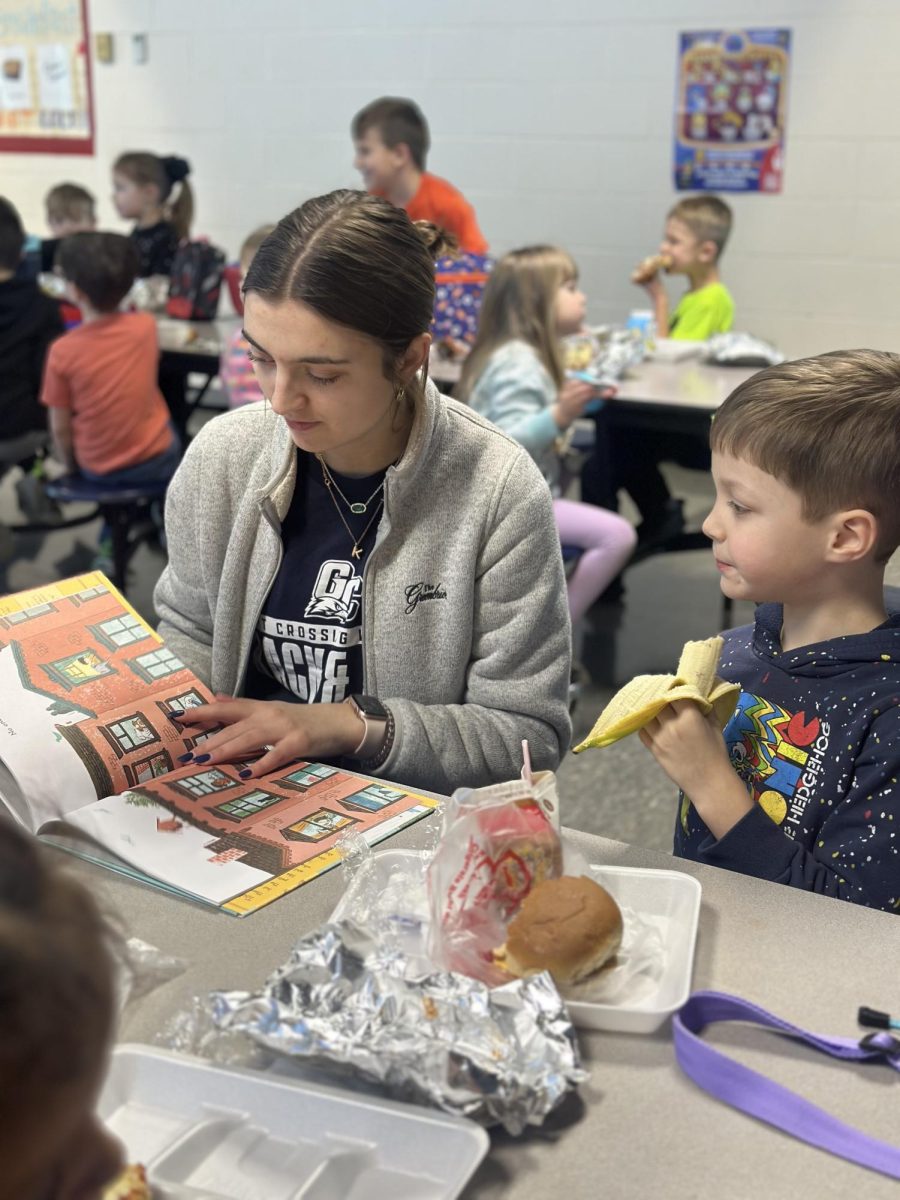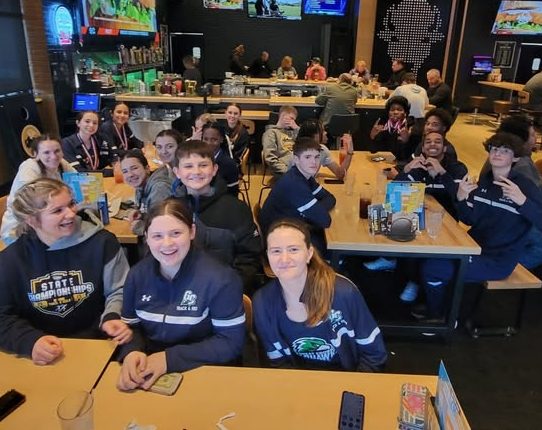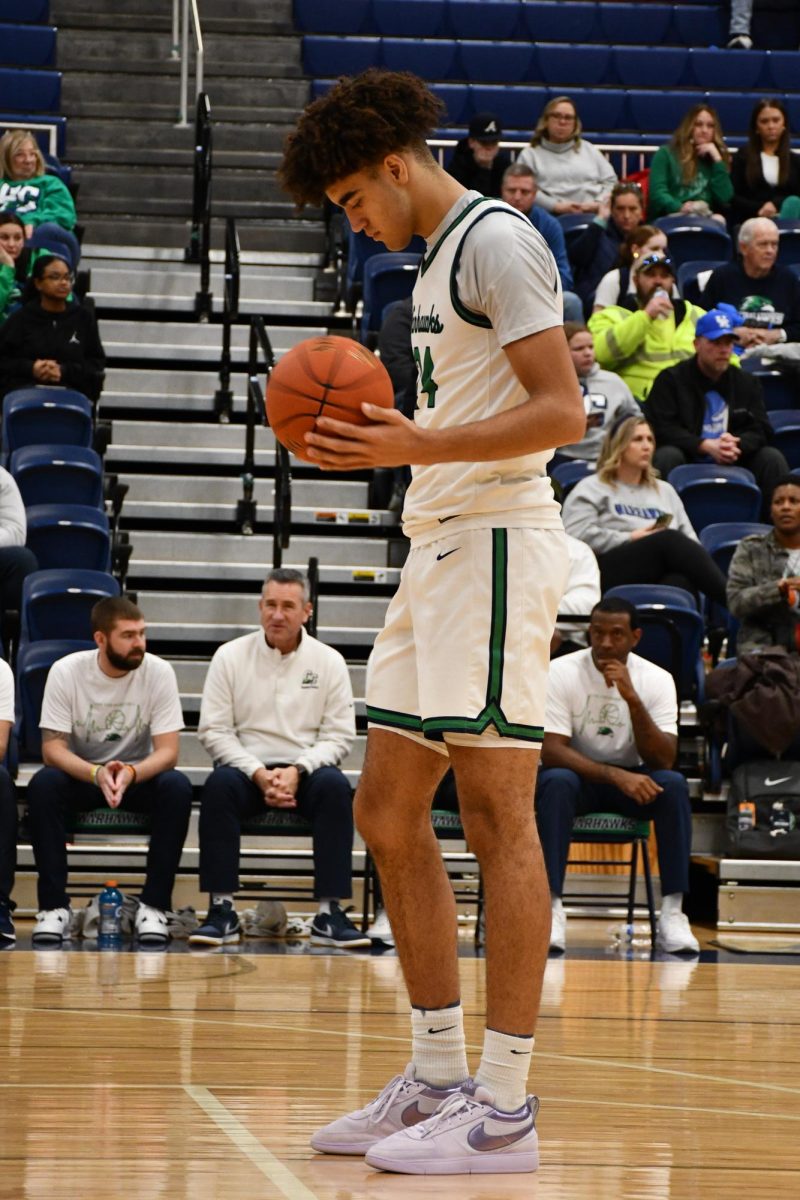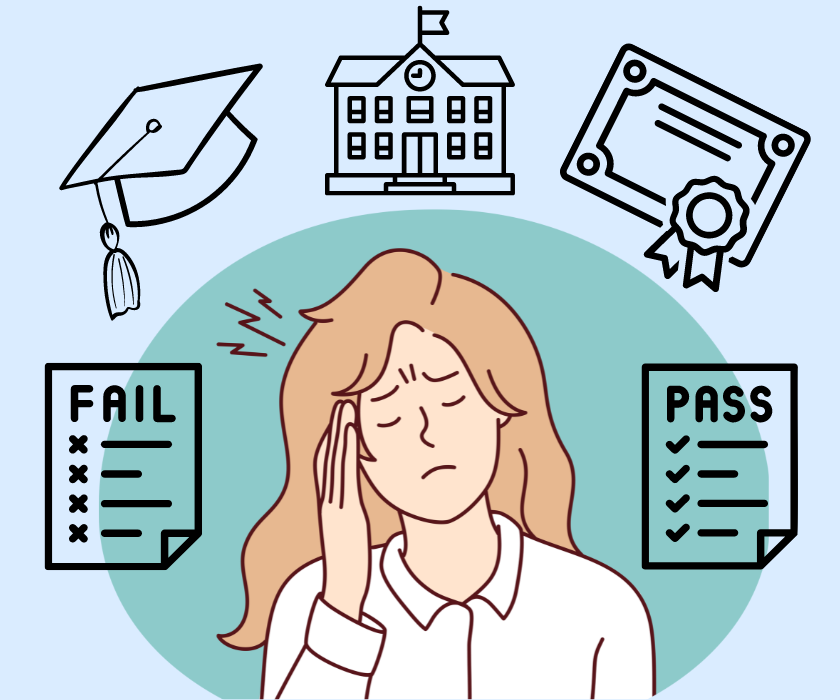As both graduation and college life inch closer, it is more and more common to see decreased motivation and participation in high school seniors. This decrease in motivation, colloquially named senioritis, significantly affects the lives of seniors mentally, emotionally, and even physically.
The sole source of senioritis is difficult to pinpoint due to the many things which stir up these feelings of academic exhaustion. These causes can stem from things such as early acceptance to colleges, mental burnout, and even fear of post secondary education. Senior student Lauren Stefanic confirmed this. “It can be a struggle because we are already so close to being done. So students tend to have a mindset that school doesn’t really matter anymore, because they have already applied to colleges.
What makes senioritis an even bigger issue however, is that any senior student can be impacted. Often, when senioritis is mentioned the students that come to mind are those who have already come to be known as underachievers. This preconceived idea leads teachers and other students to believe that the people who seem to keep up with a lot of things their senior year are invincible to experiencing the symptoms of senioritis.
Senior student Nora Borisch is involved in numerous extracurricular activities throughout Great Crossing High School such as choir, band, and theater. Borisch is in no way an underachiever, but as a result of the effects of senioritis has begun to feel a decrease in academic motivation. Borisch detailed this, “I have definitely noticed a lack of motivation when it comes to some school work, especially things that I don’t want to do. I have a hard time forcing myself to do the work that was given, especially when it takes a long time or if there’s a lot of work. My grades are still fine, but it’s harder to keep up and I want to keep up with everything.”
This experience is not only seen by students, however. When senioritis begins to ramp up closer to the final term, senior classes experience a negative shift in motivation. Math teacher Heidi Little provided a staff perspective on this change, “Seniors usually start the year with good intentions, but many fall off the wagon around Thanksgiving, and it becomes increasingly difficult to engage them in class. I have noticed that the 3rd quarter typically has the lowest grades. The communal lowering of grades affects the morale of the class, as many students begin to think that the class is just “too hard” or “too much.” It is difficult to teach with the same rigor as the beginning of the year when students aren’t putting in as much effort as they were before.”
Due to this decrease in academic involvement, many students begin to stop showing their best work and instead do the bare minimum required. This not only affects the students grades and mental health, but causes difficulty for staff trying to lead students past the finish line.
Though this issue is seen as laziness from many adults perspectives, senioritis is an issue that needs ratification. Senior students experiencing cases of senioritis often waste the last bit of time they have before they are required to take up numerous “adult” responsibilities.
Little elaborates on this, “Senior year is your last chance to be a kid, and it’s so tempting to focus on becoming an adult that you miss the stage of life you’re currently in. Being an adult has its perks, but there’s also a lot of bills. Like, so many bills. Being a senior has the potential to be a lot of fun- you’ve hopefully passed most of your core classes and can take more electives, you may be driving or getting a car, or you may be working a part-time job dealing with the horrors of the general public. You get to experience some of the perks of adulthood without the full weight of the responsibility. When I look back on my senior year, I wish I would have focused more on enjoying the time instead of wishing it was over already.”
Though it is likely senioritis will forever be an issue that high school seniors experience, it is important to consider ways to make it past dips in academic motivation. Little explained, “As a teacher, I try to plan activities and lessons that don’t feel so much like work. Card sorts, scavenger hunts, and bingo games are all great ways to review content without doing a boring worksheet. Does it keep everyone engaged? Not always. But I’m not helping the senioritis if I’m just as unmotivated.”
From the student perspective, there are also ideas towards the ratification and lessening of the effects of senioritis. Borisch elaborates, “I think one way we could lessen the effects of senioritis is to give seniors more opportunities to begin to detach themselves from high school life (e.g. days off, lighter workload in certain classes, more leniency on leaving during the school day when there is no work to be completed, etc.)”

